The US Embassy in Budapest announced that a US delegation of Democratic and Republican senators will arrive in Budapest on Sunday. The statement says that the visit will focus on "strategic issues confronting NATO and Hungary". Magyar Nemzet asked Rajmund Fekete, director of the Institute for the Research of Communism and a research fellow at the John Lukacs Institute of the Ludovika University of Public Service, about the visit.
"The group coming to Hungary was described as a bipartisan US congressional delegation focusing on NATO issues, but if you look at the political activities of the delegation members, there's something amiss," said Rajmund Fekete, adding that
three Democratic and one Republican senator will arrive in Budapest. What they have in common is that all four have repeatedly argued that Ukraine must be helped by all means to become a thriving European democracy again - whatever that means - and to rebuild after Russia's "war of aggression.
The director pointed out that the four senators have been "worried" about Hungary for years, with Soros's university or Sweden's accession to NATO at the centre of their concerns. In an earlier statement, Democratic Senator Jeanne Shaheen, a member of the delegation, welcomed Ambassador Pressman's efforts to push back against Hungary's "autocratic regime" and "democratic backsliding".
This statement comes as no surprise in light of the evidence that George Soros supported the senator's campaign with more than $500,000.
In connection with the main topic, Sweden's accession to NATO, Gergely Gulyas, the PM's chief of staff, said that negotiations with Sweden are promising. In response to inquiry from Magyar Nemzet, Hungarian Minister of Foreign Affairs and Trade Peter Szijjarto said that he is glad that the delegation is coming to Hungary, because they’ll be able to see with their own eyes that everything they read about Hungary in the liberal American media is a blatant lie. In January, Prime Minister Viktor Orban reaffirmed that the Hungarian government supports Sweden's NATO membership.
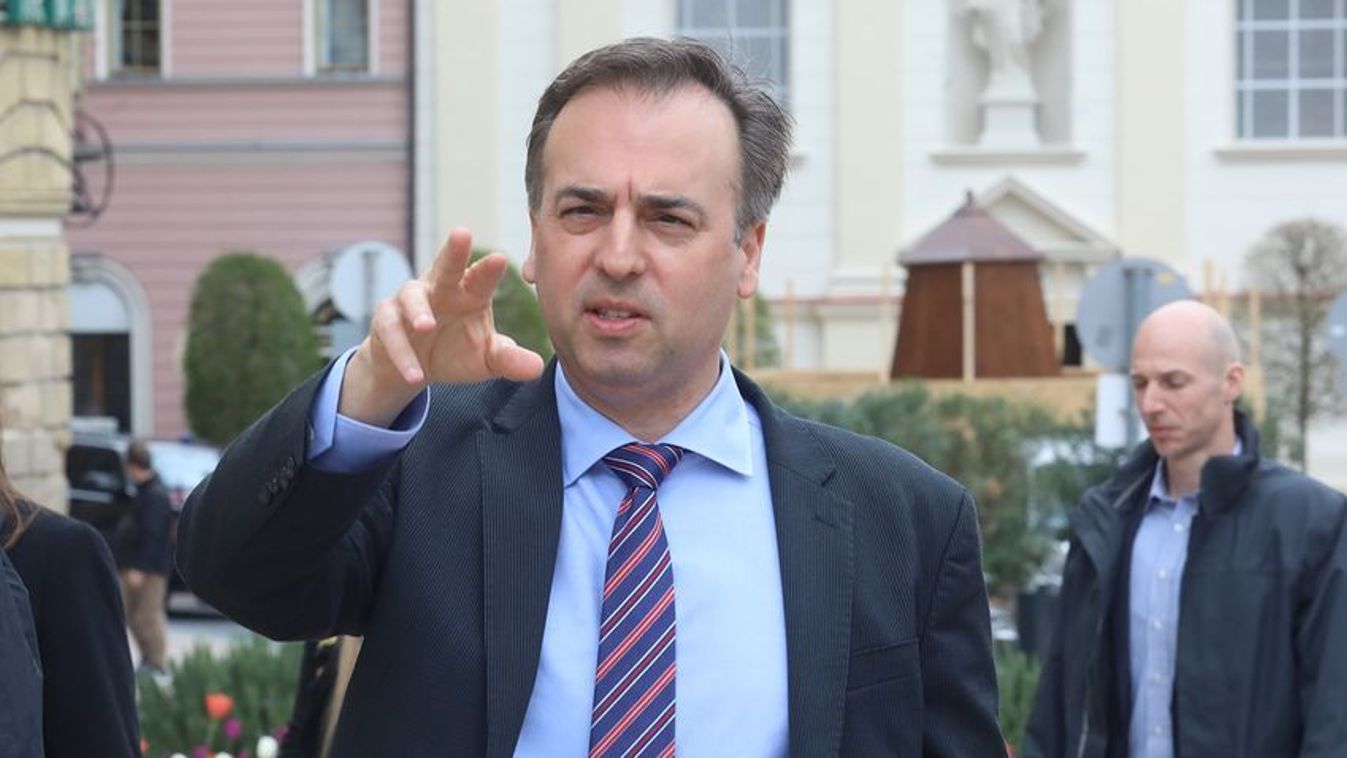
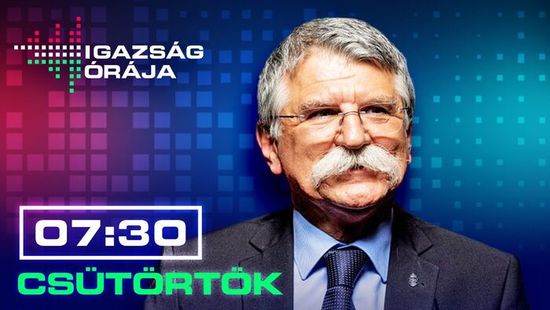

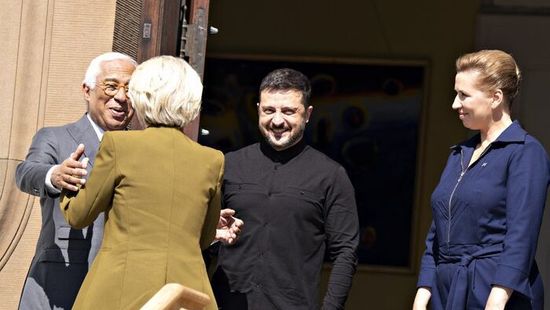
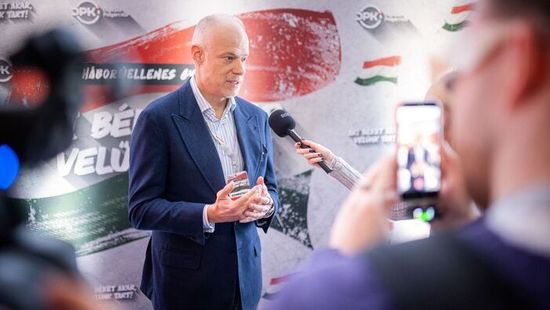

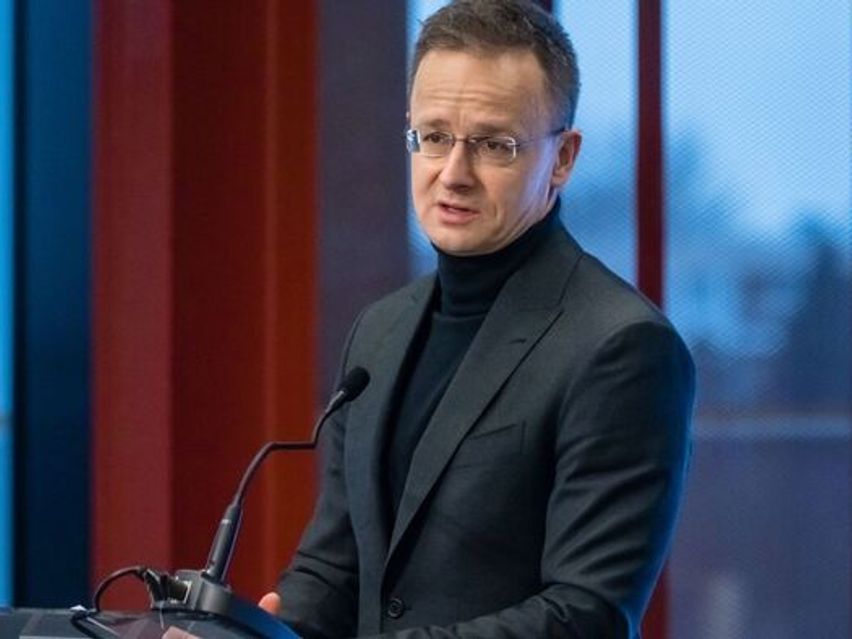








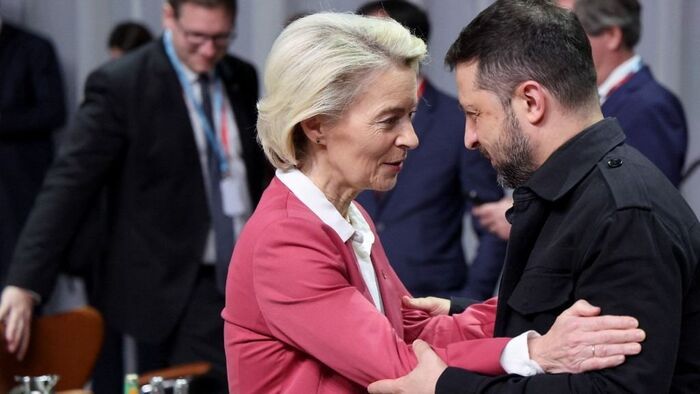






Szóljon hozzá!
Jelenleg csak a hozzászólások egy kis részét látja. Hozzászóláshoz és a további kommentek megtekintéséhez lépjen be, vagy regisztráljon!